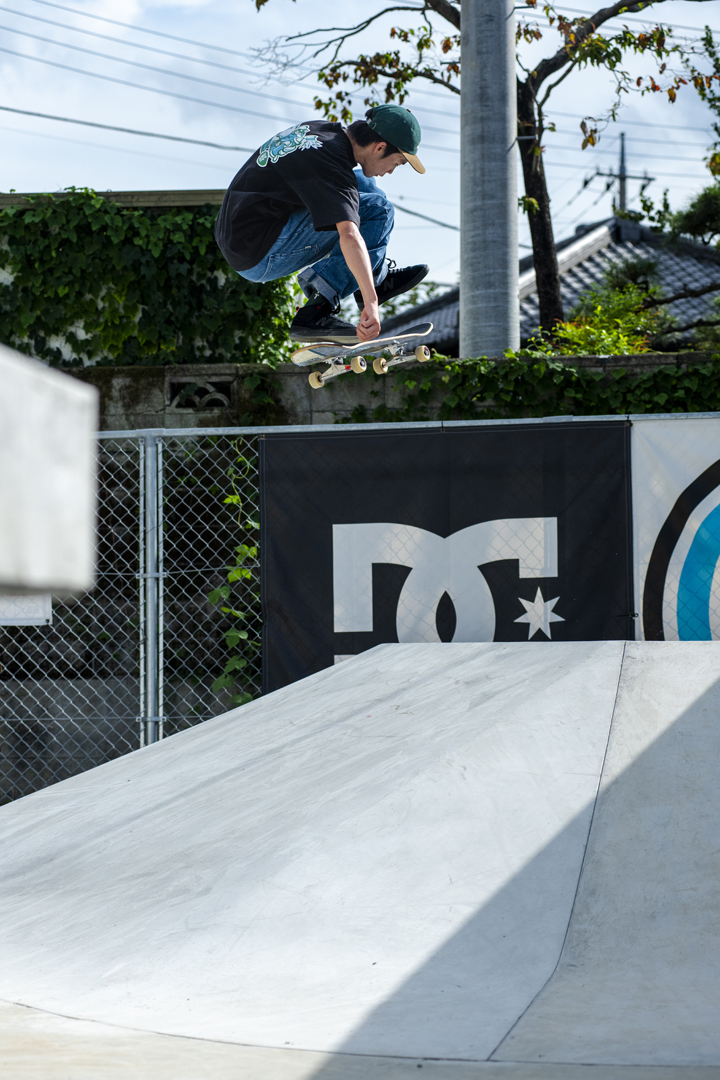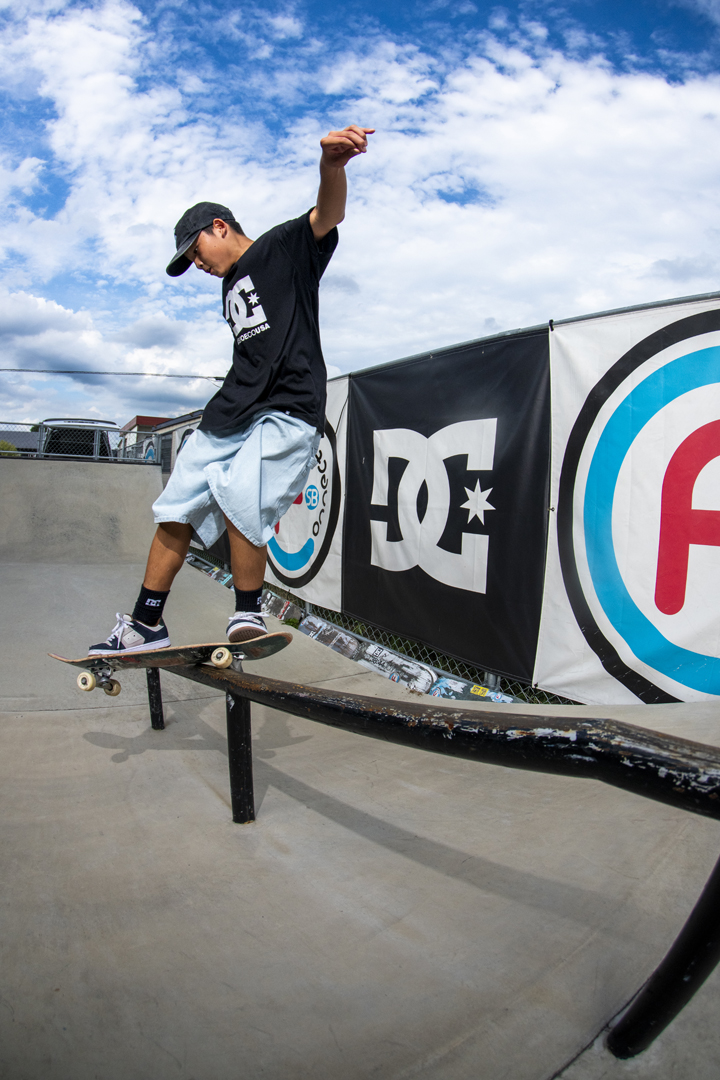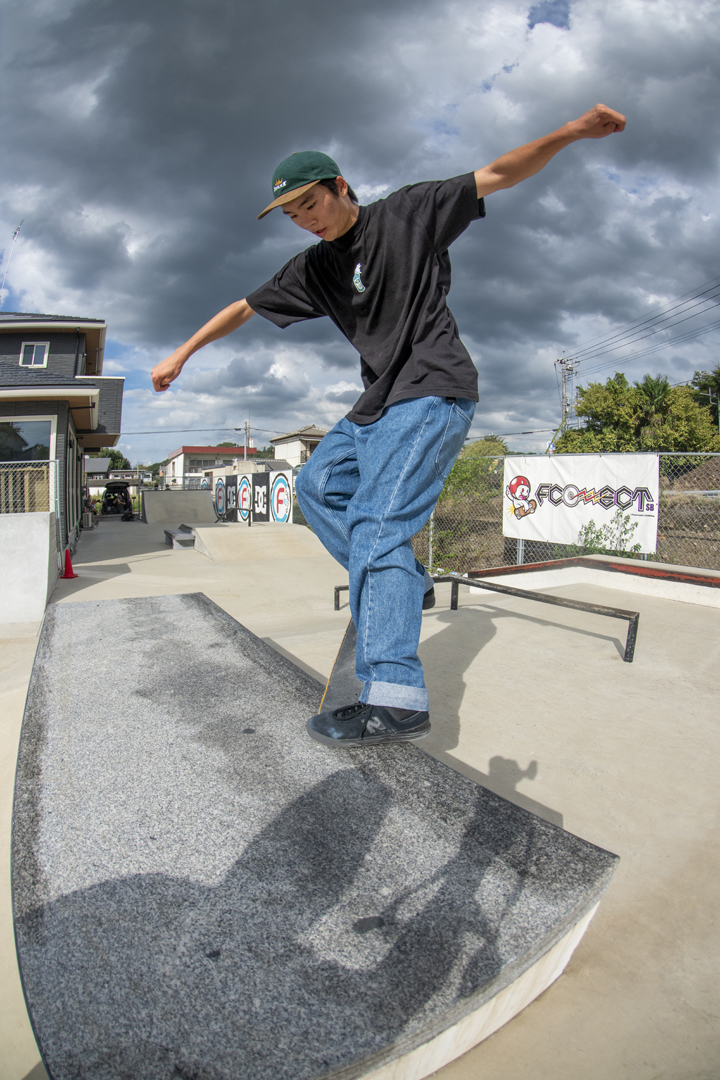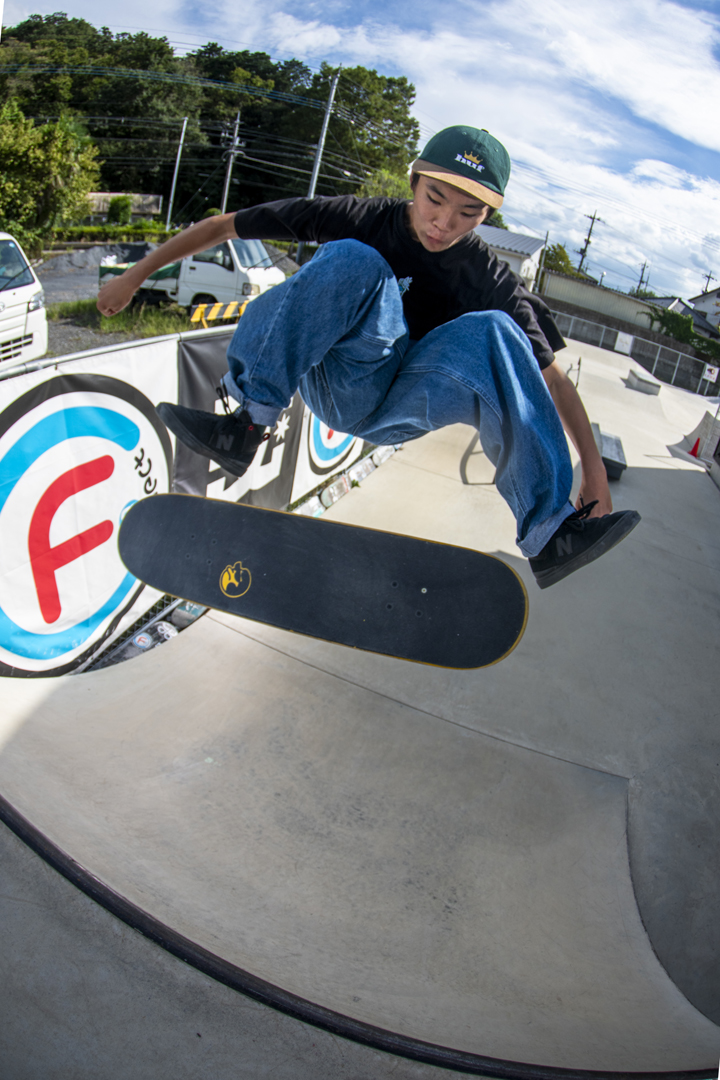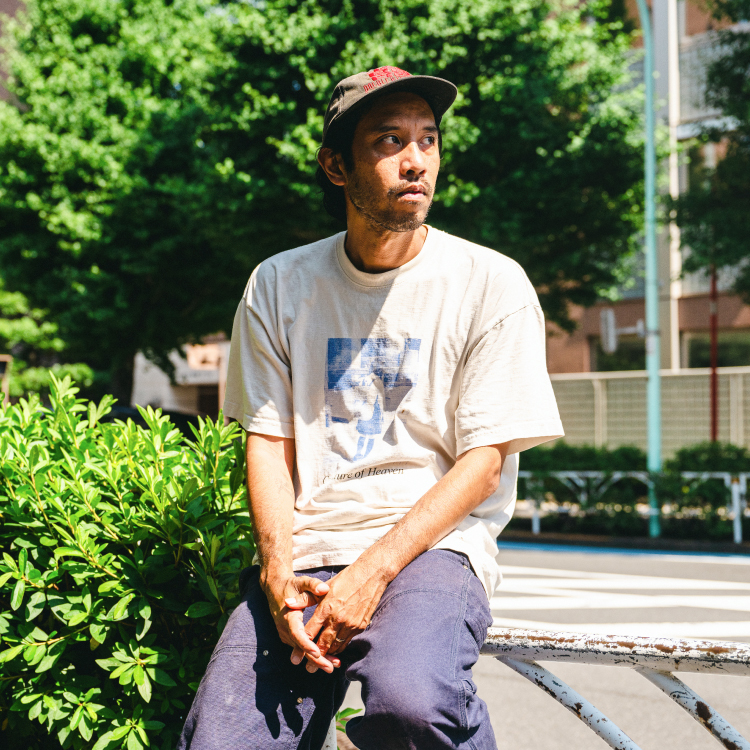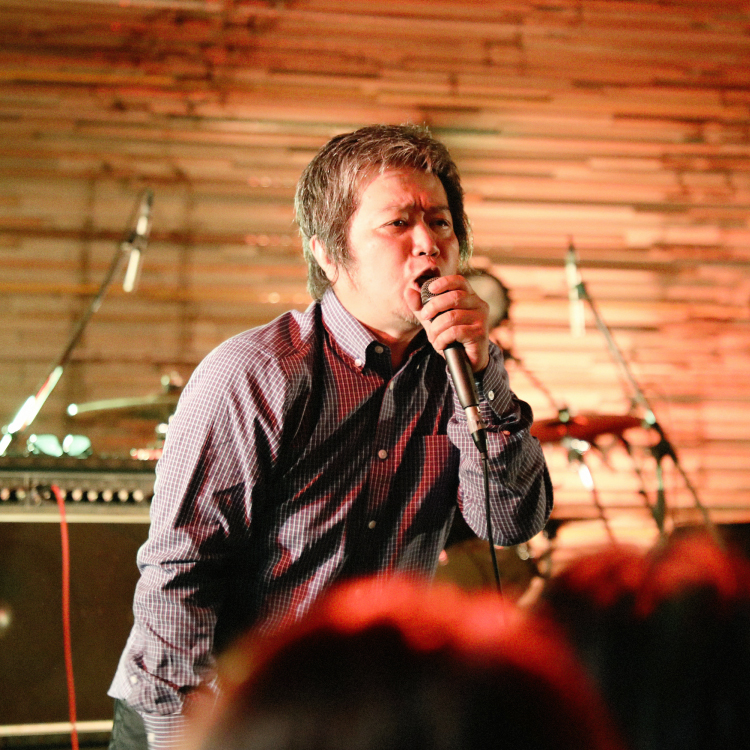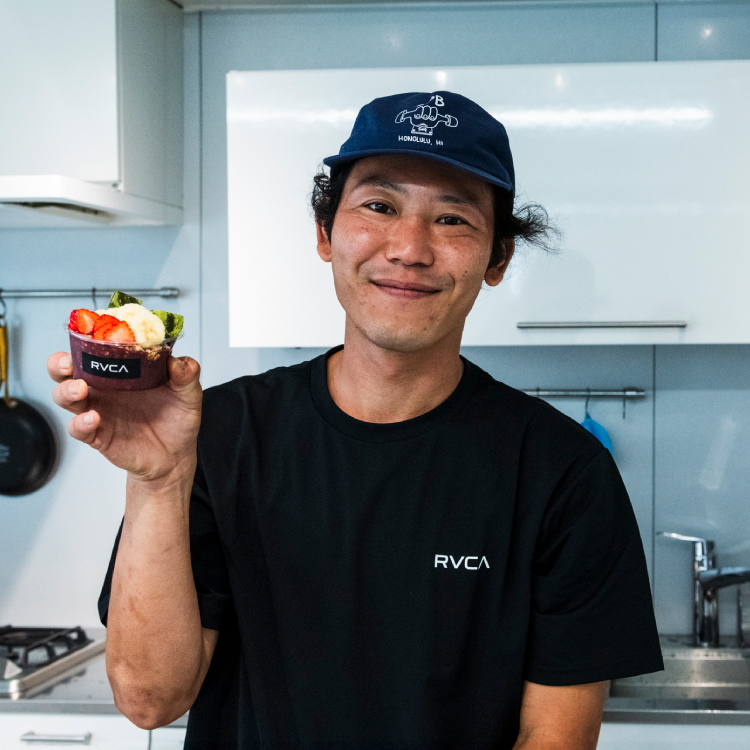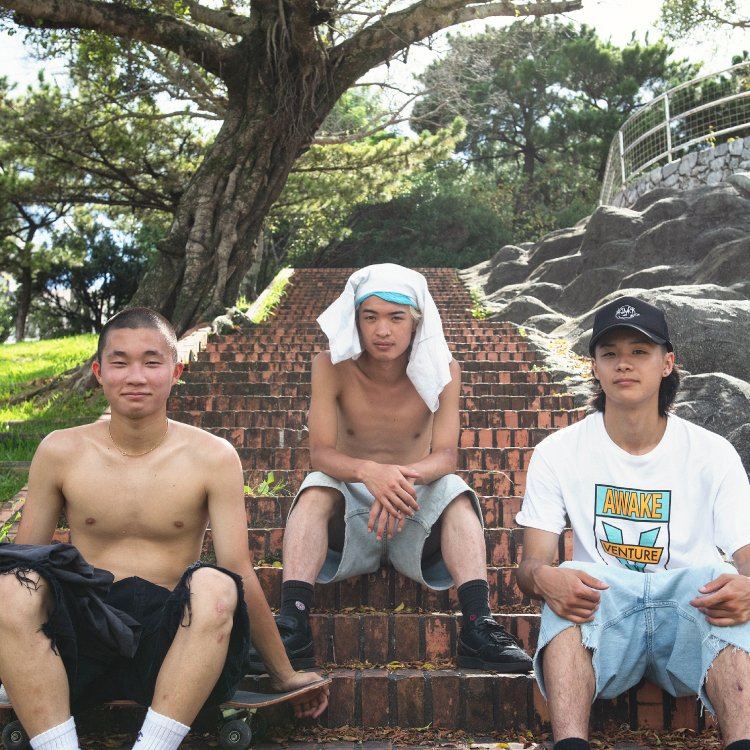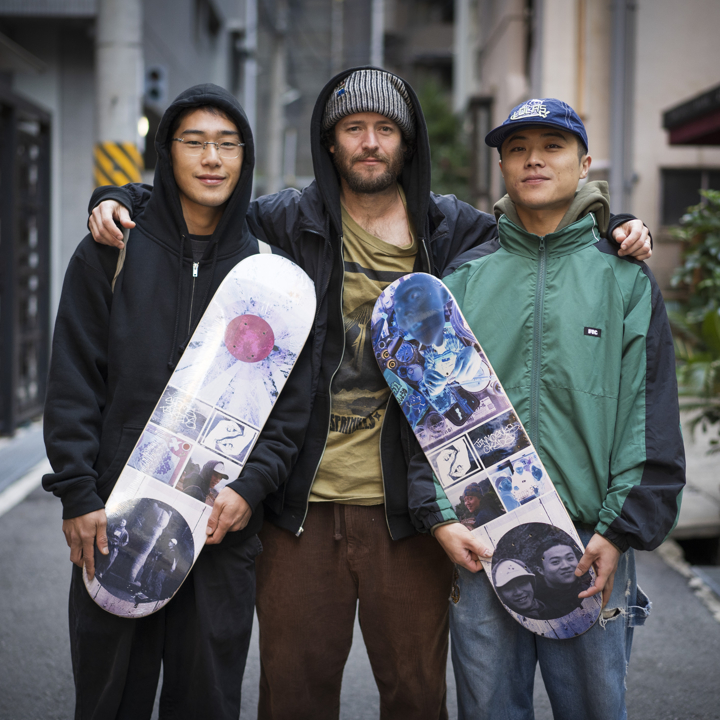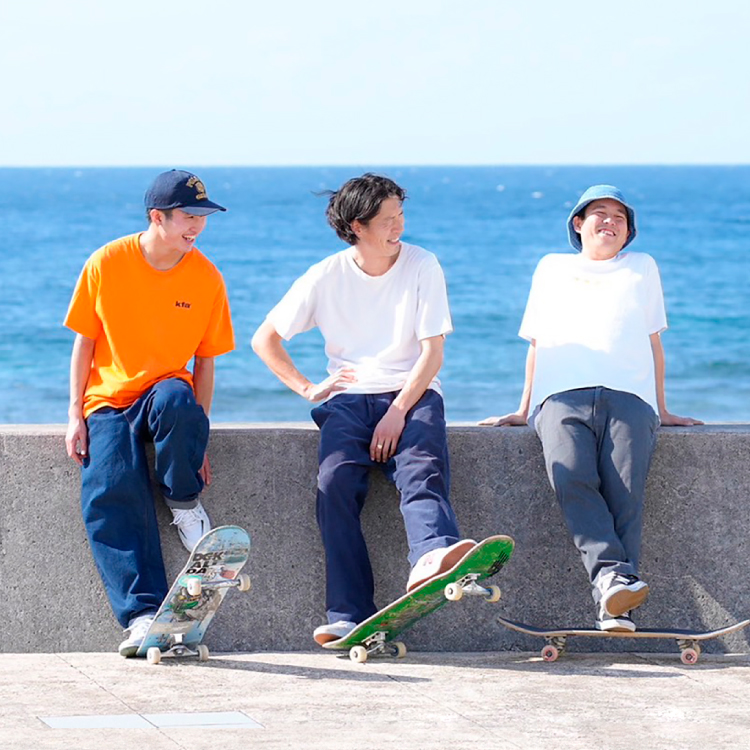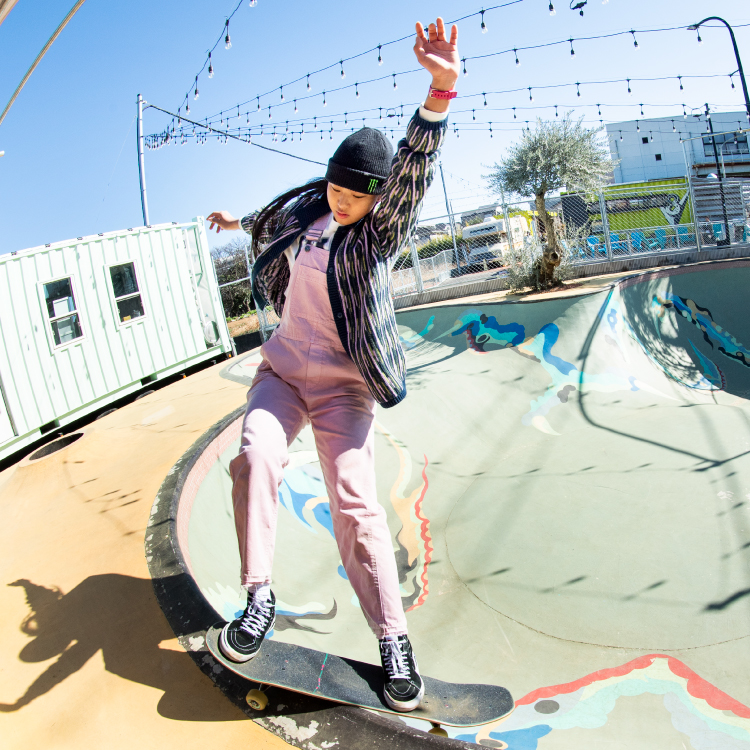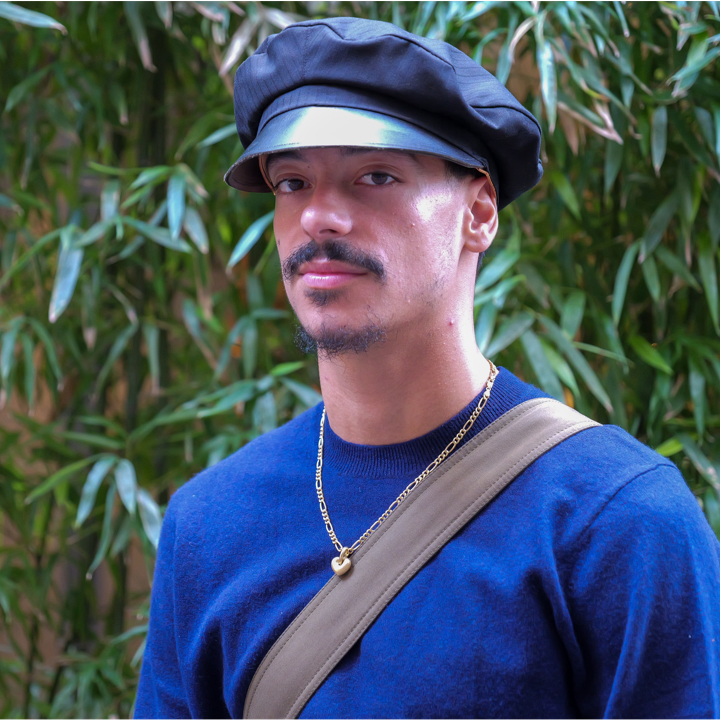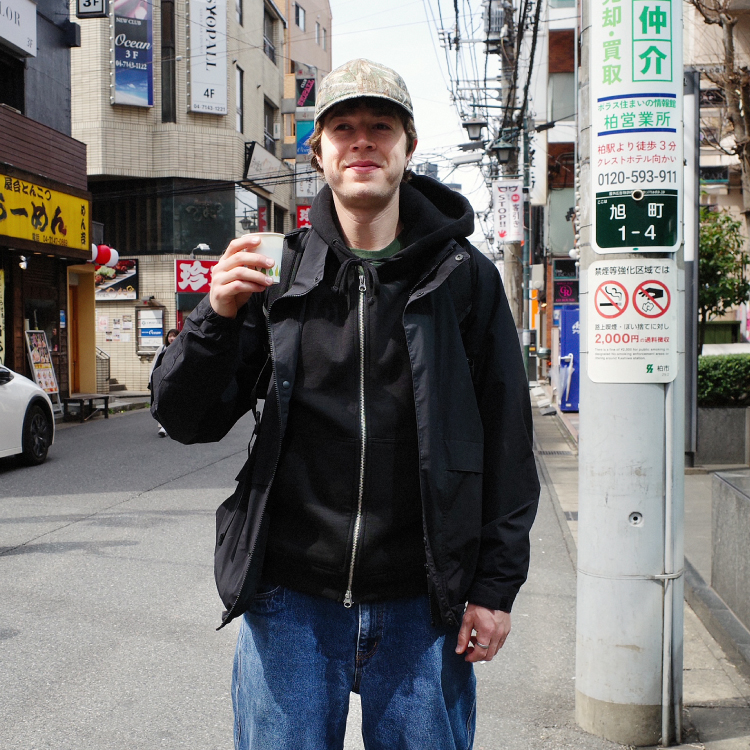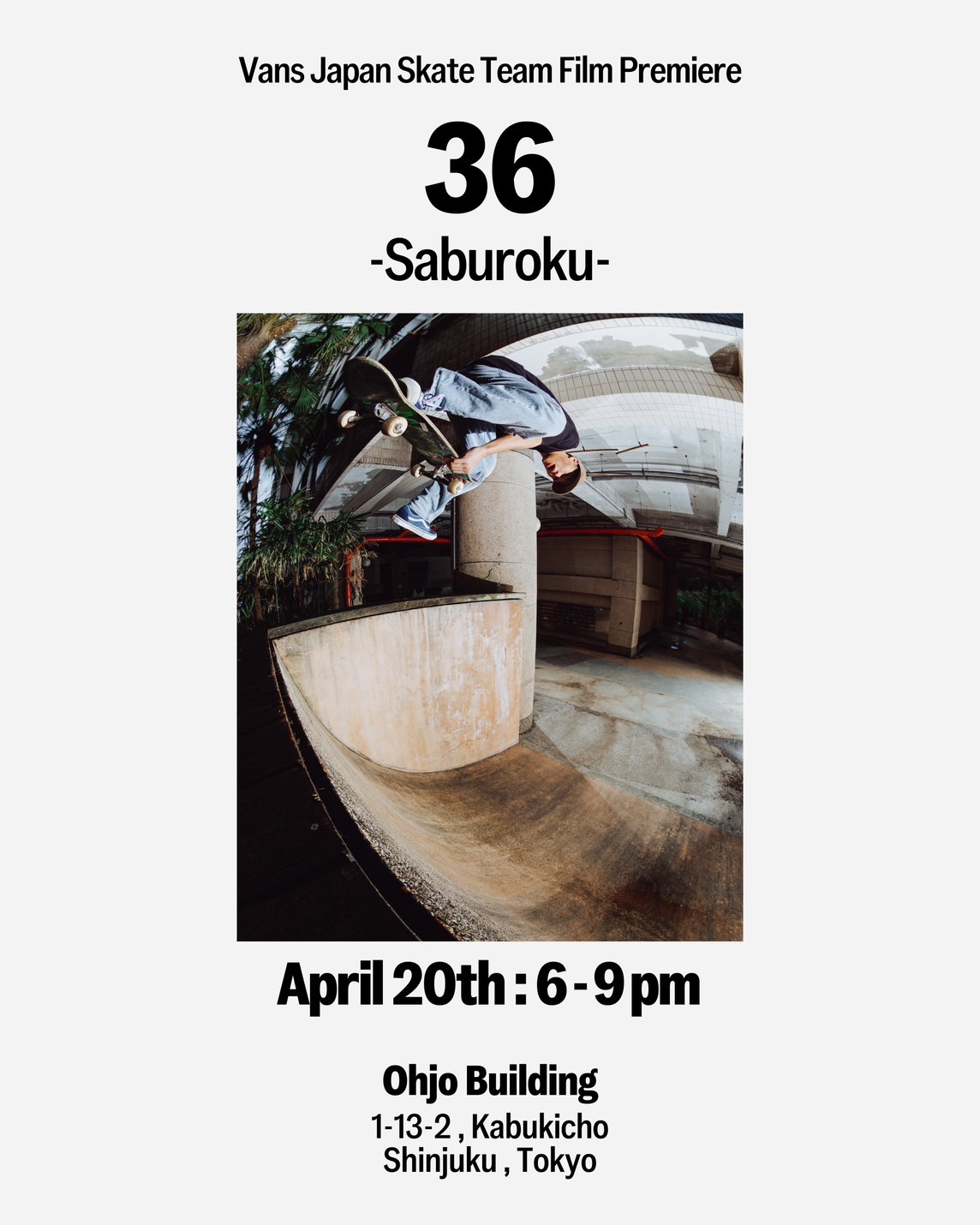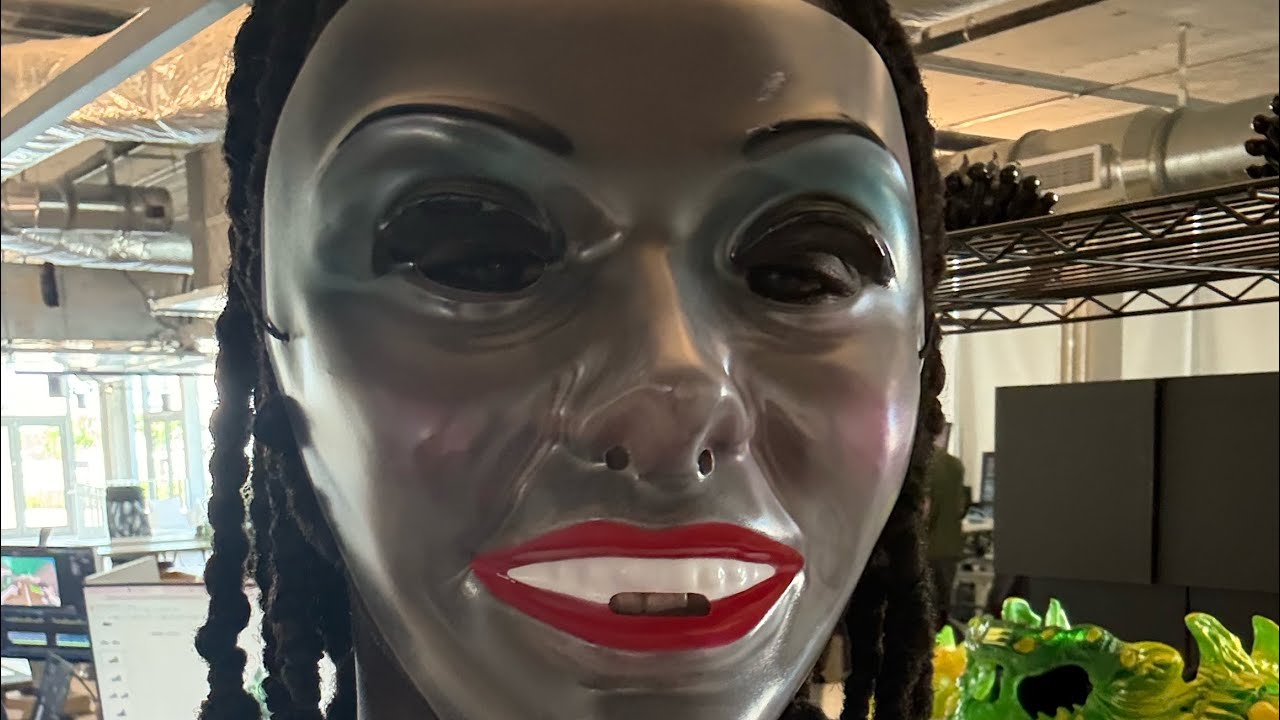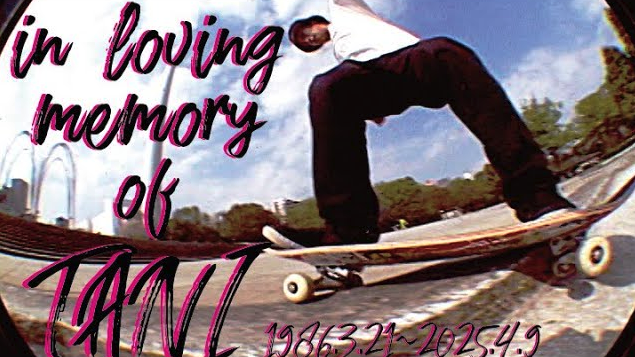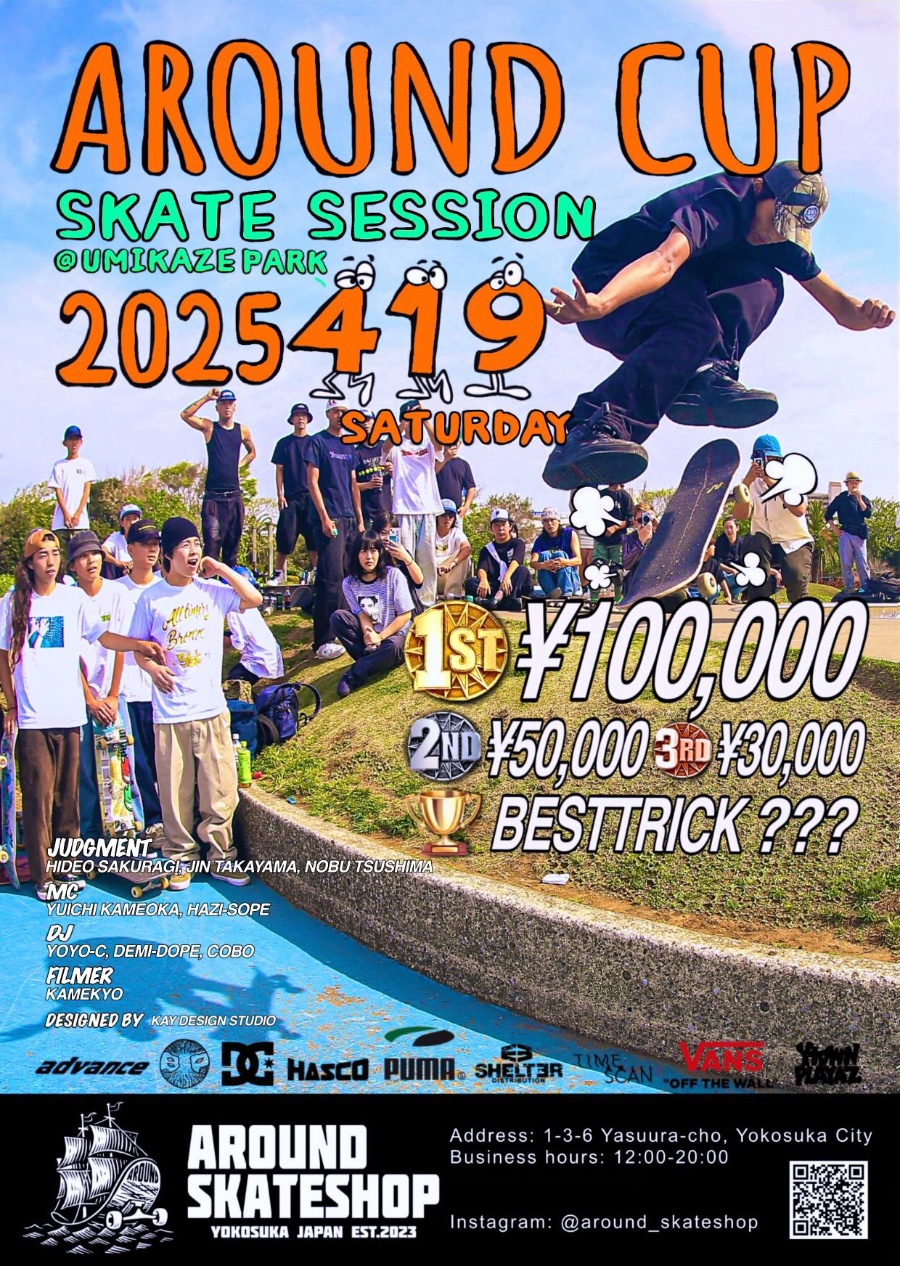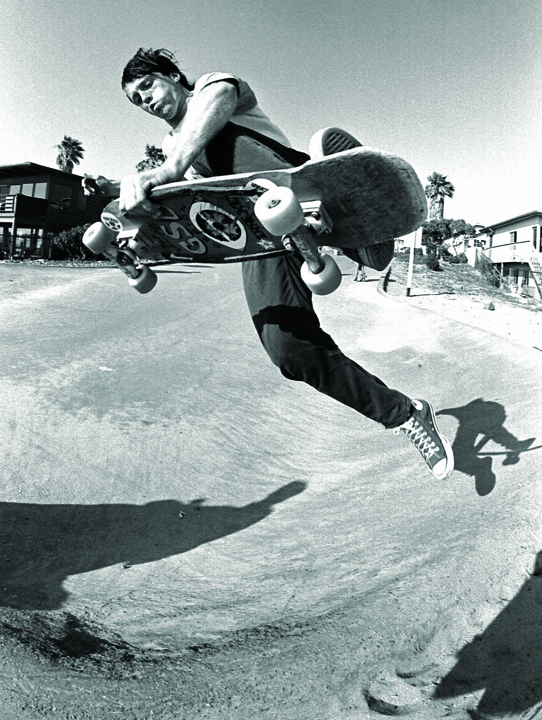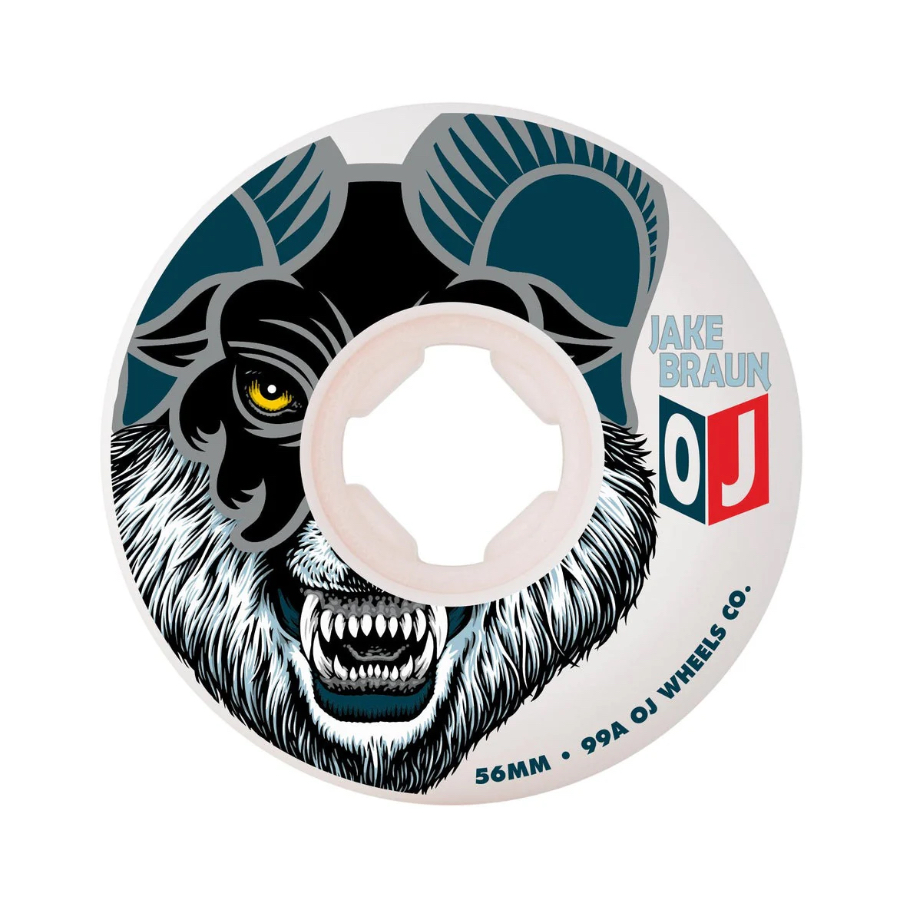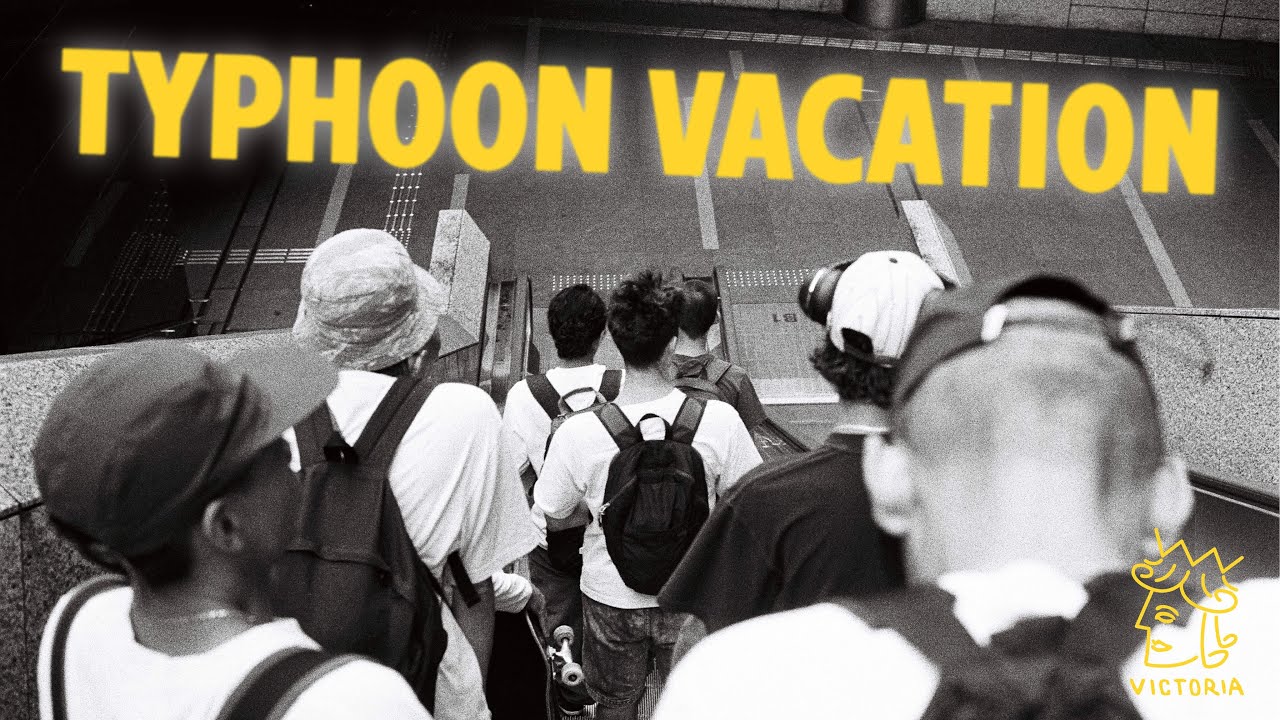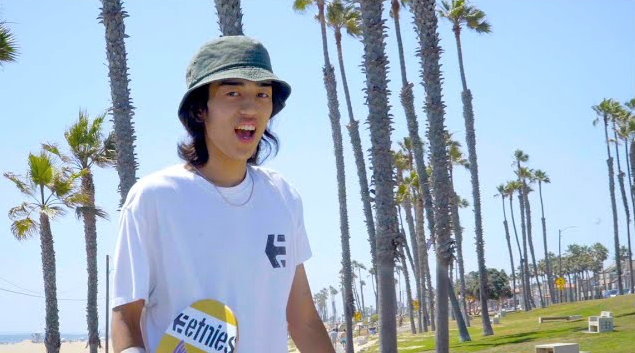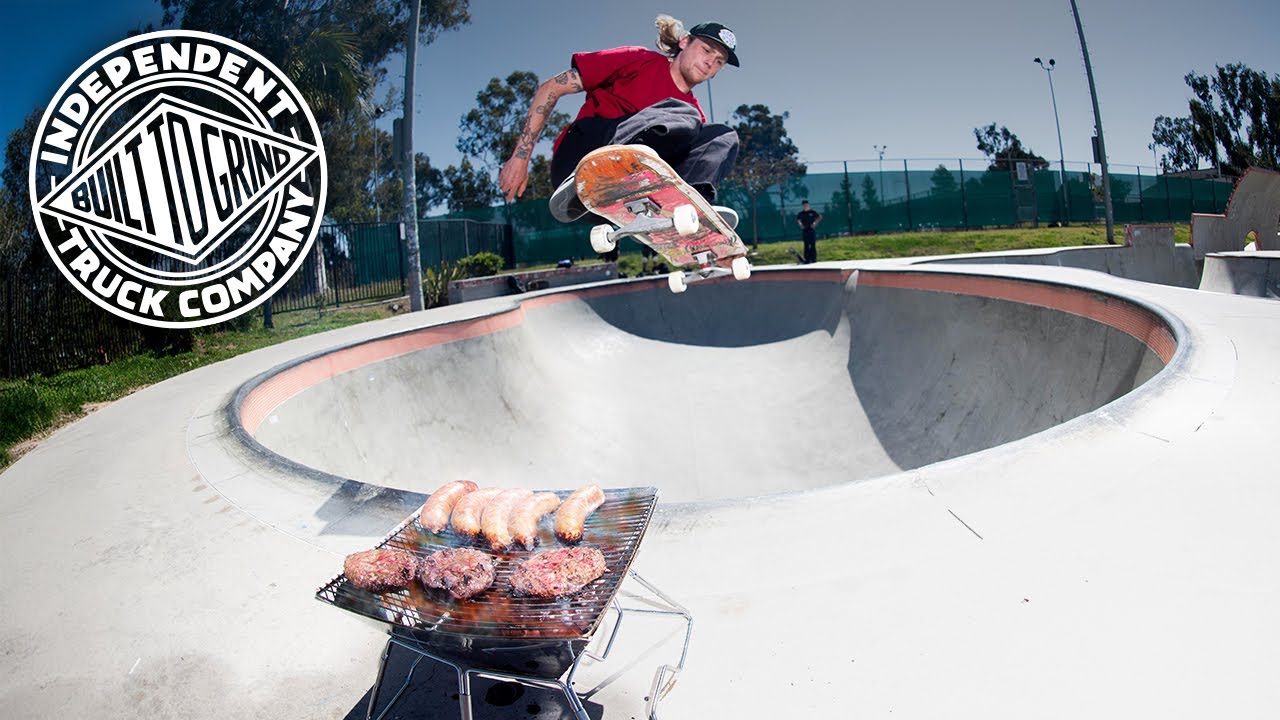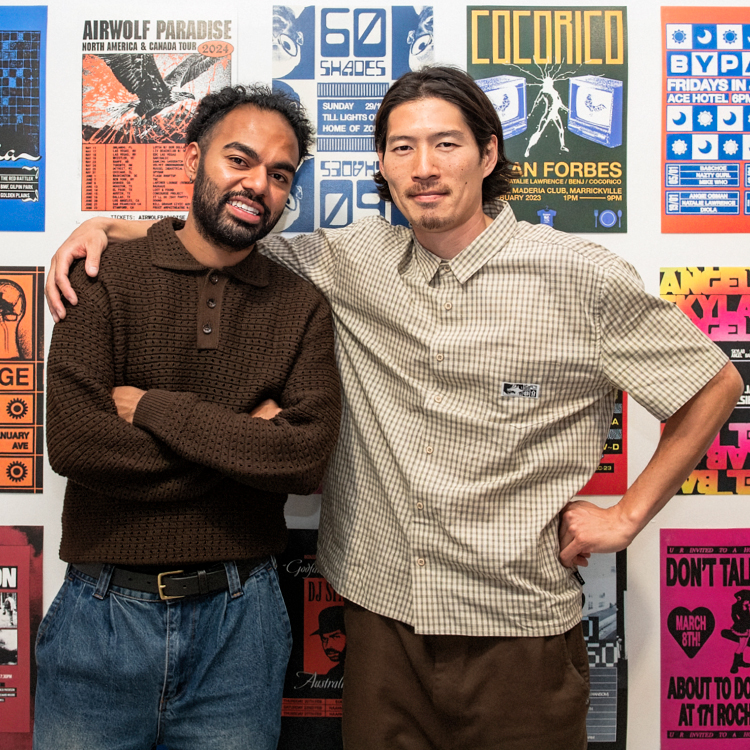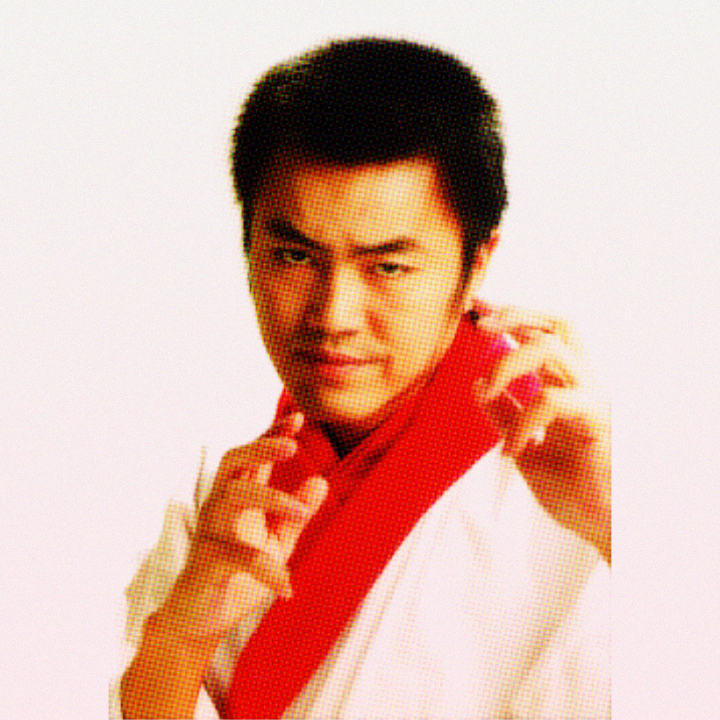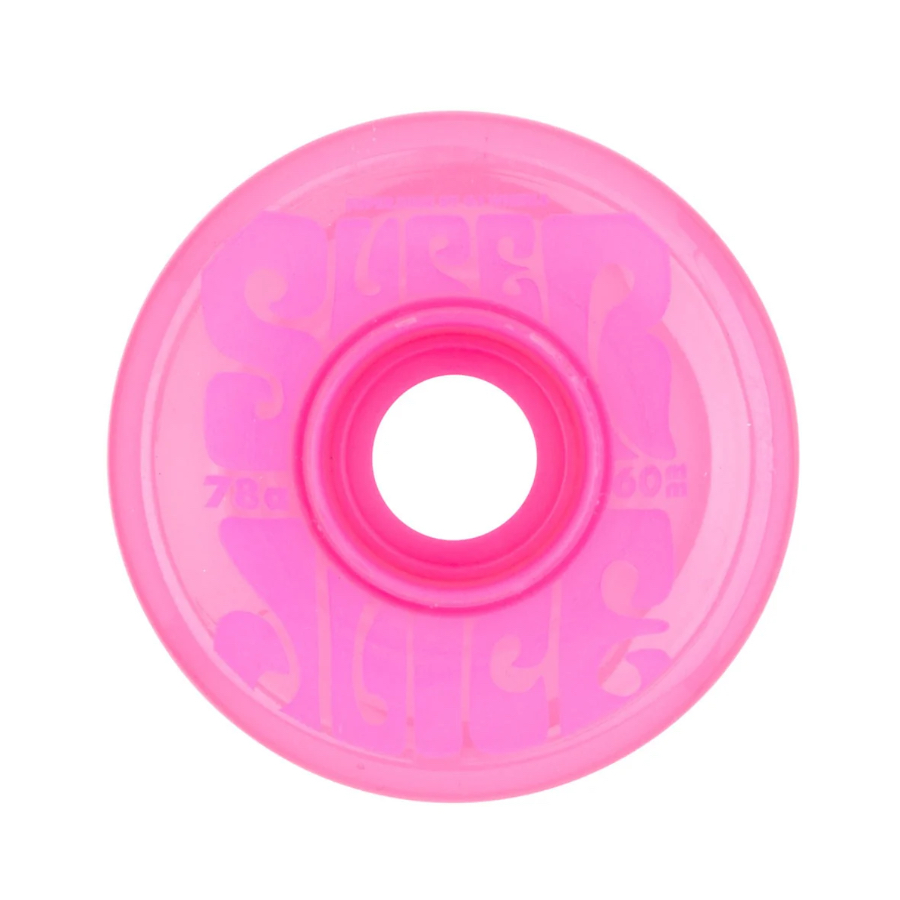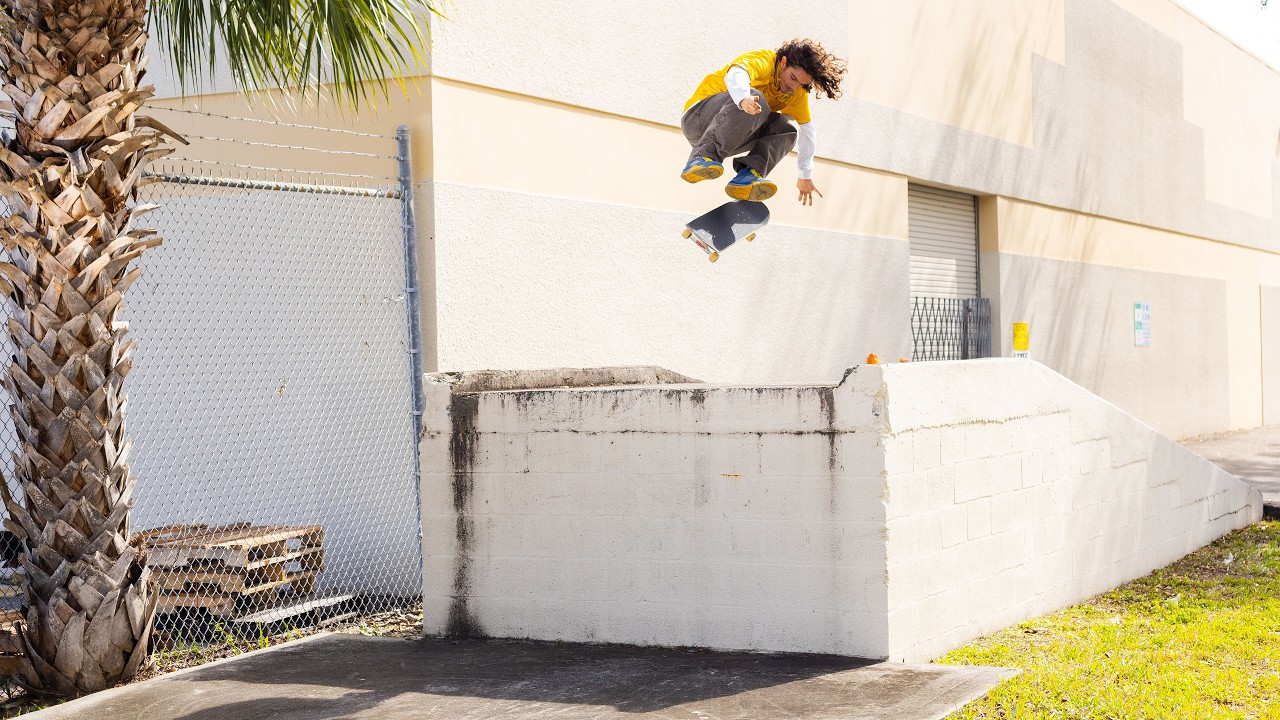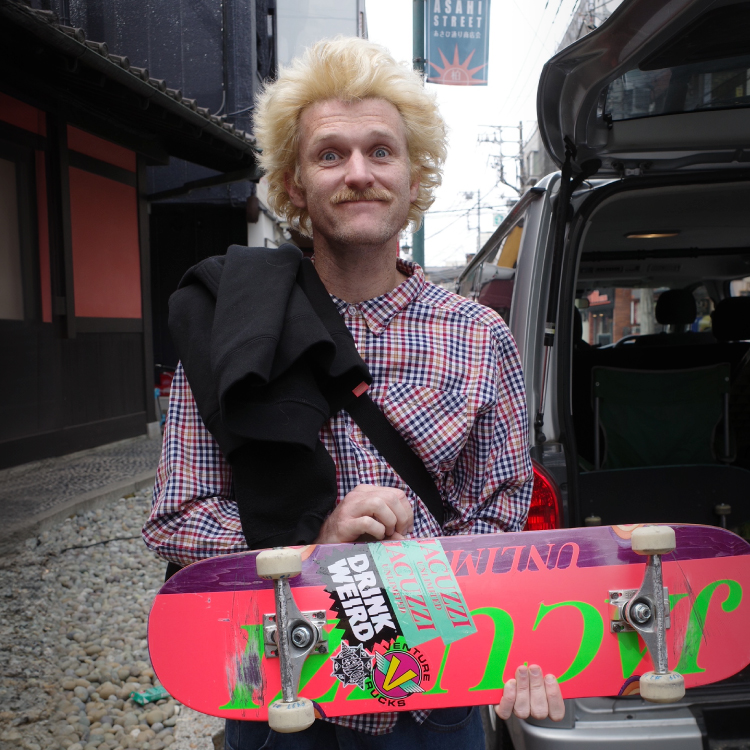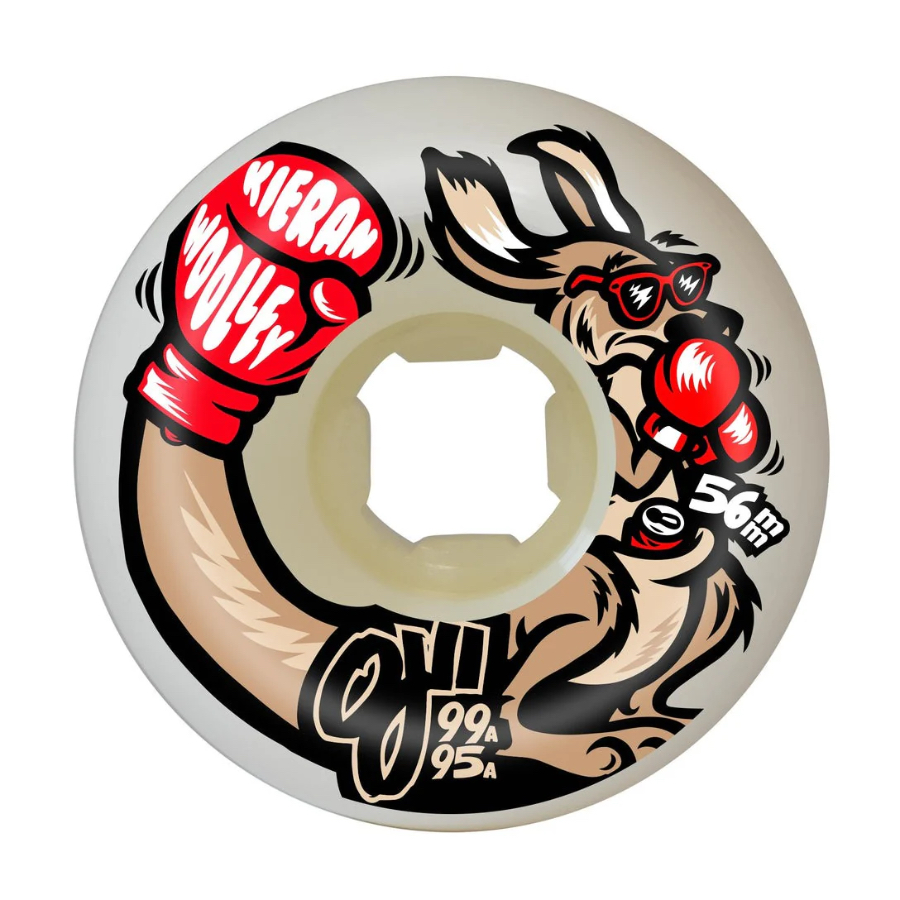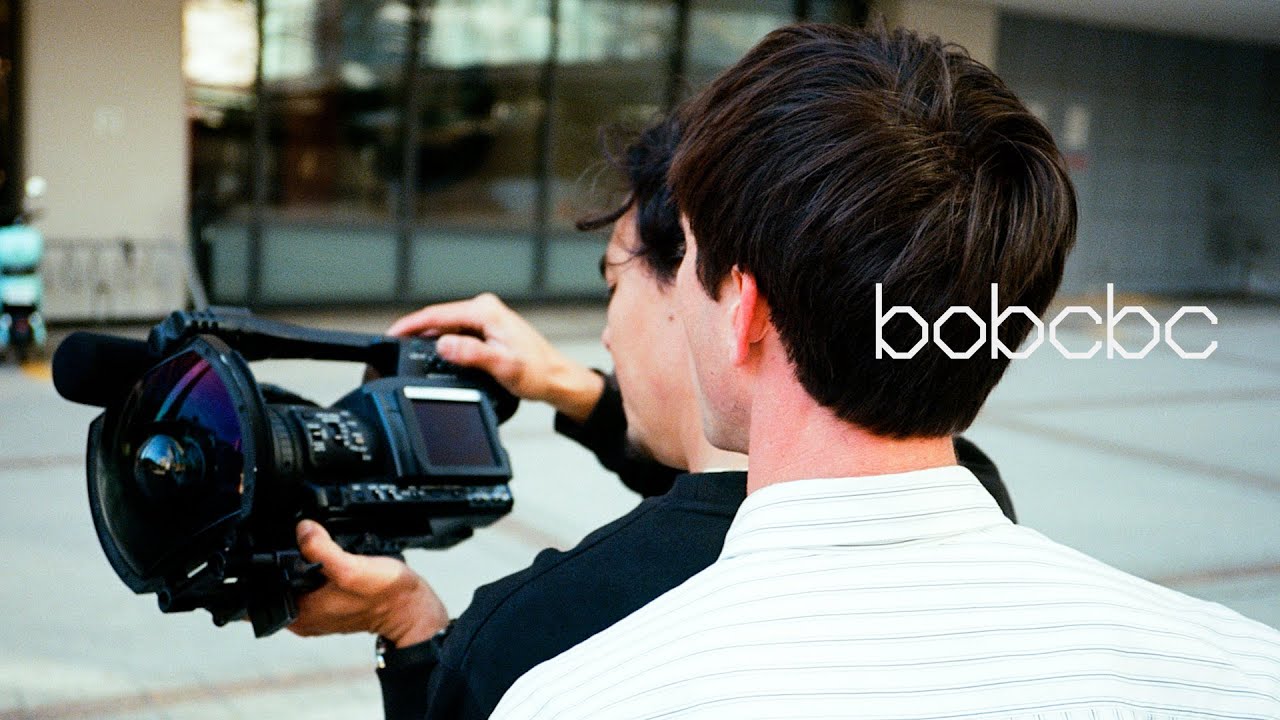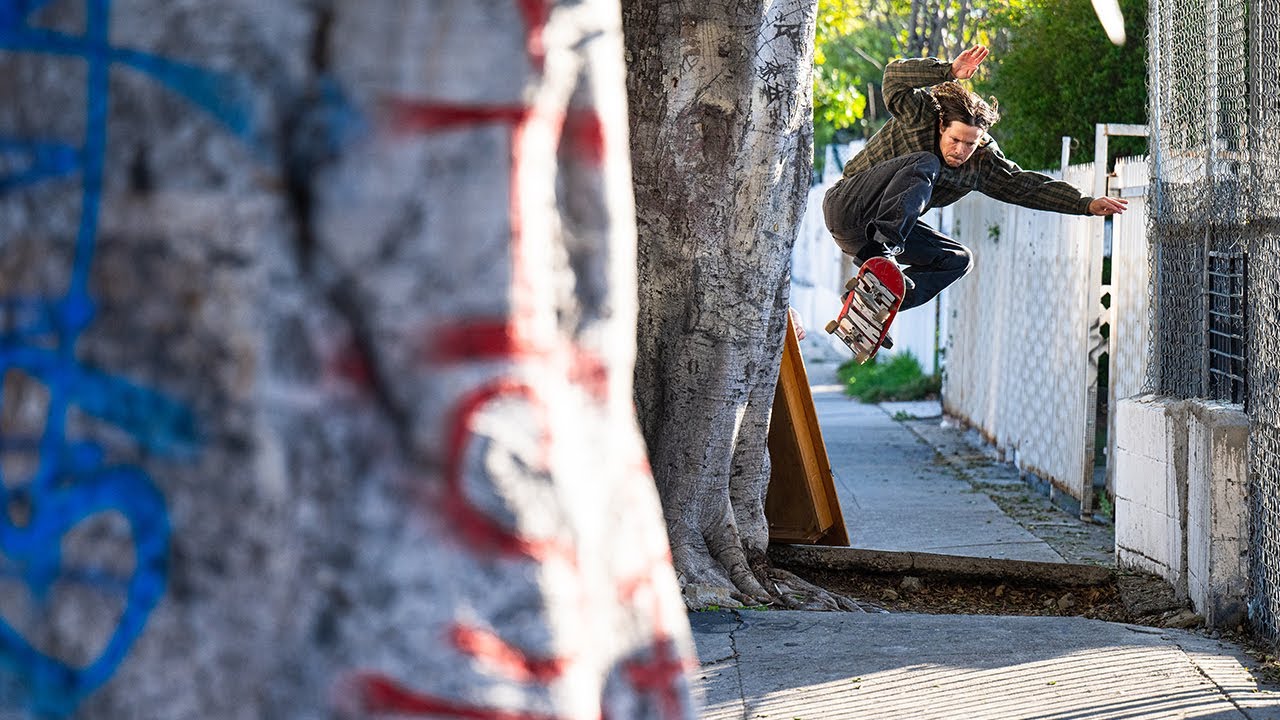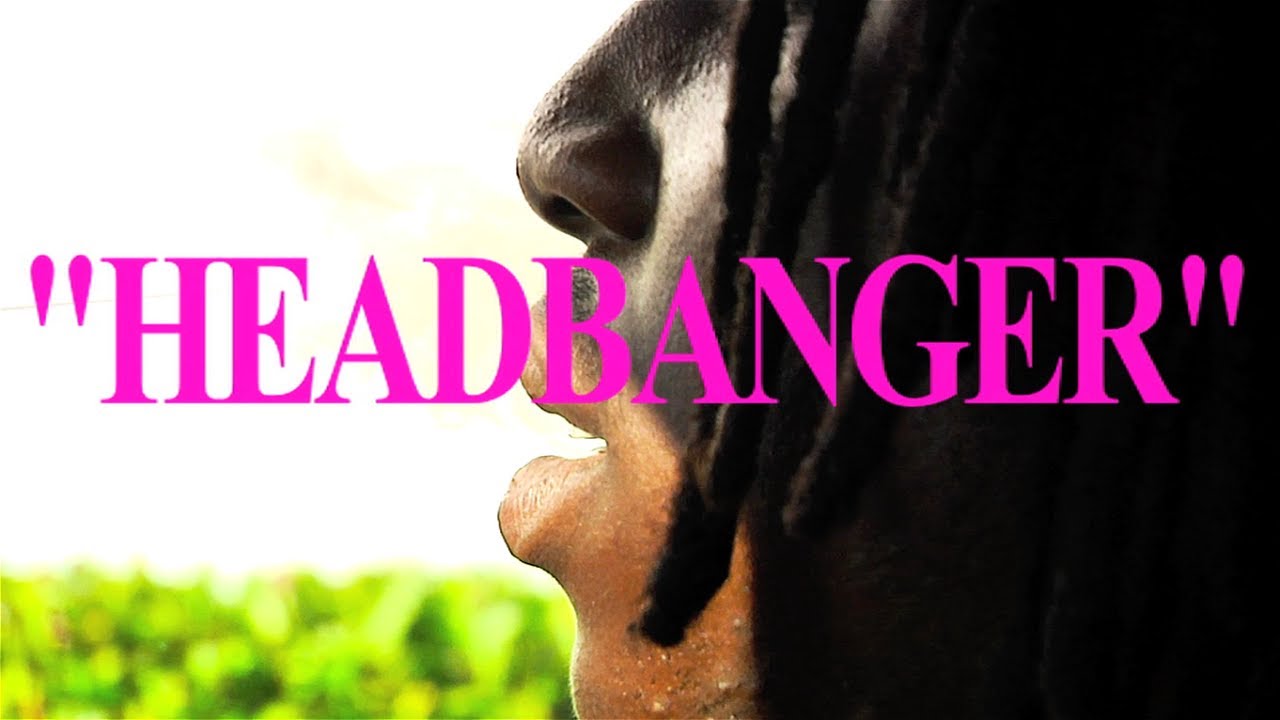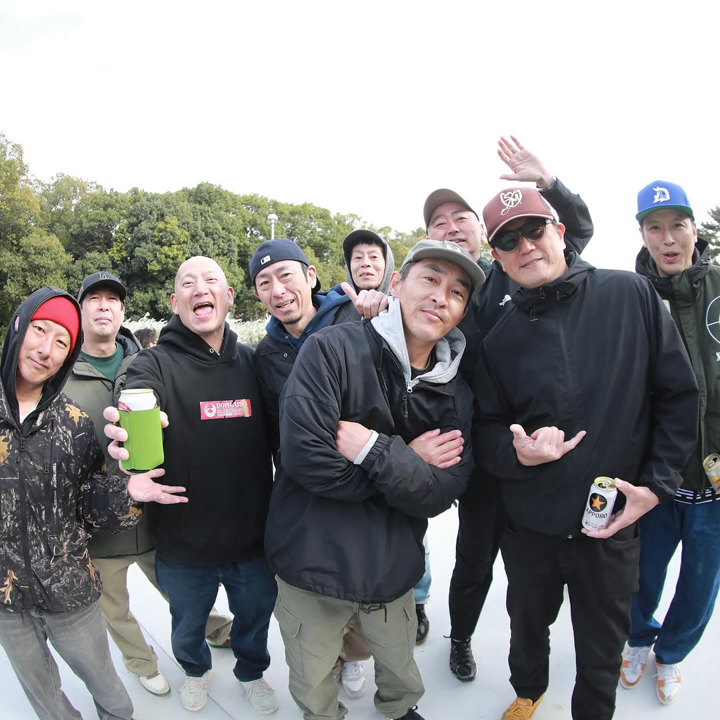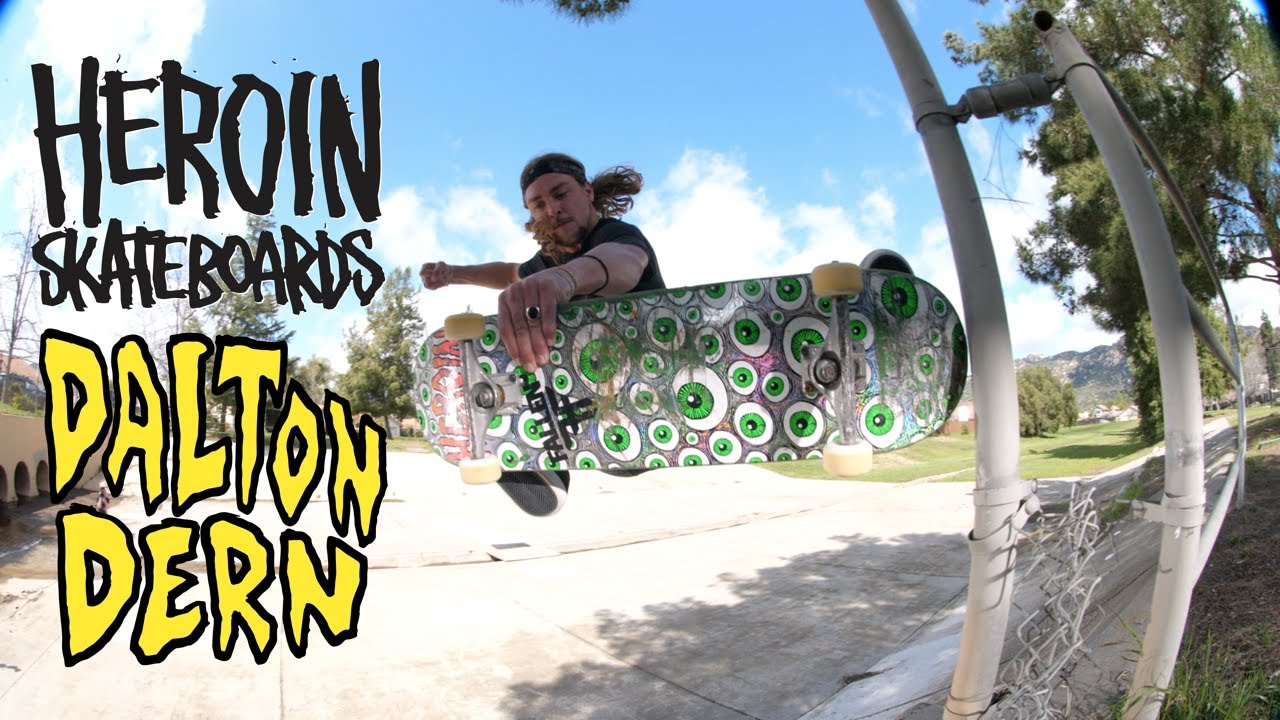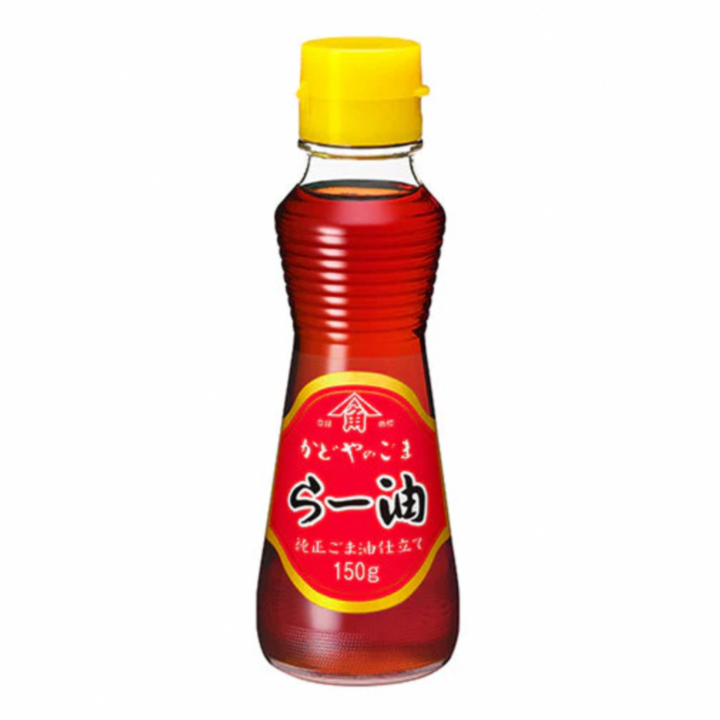Motohiro Nagata opened F-CNE SB PARK, a shop and accomodation facility in Tochigi, to give back to the skate community that took care of him in his youth. This is the final form of his skate life that started at STORMY in Harajuku.
──MOTOHIRO NAGATA (ENGLISH)
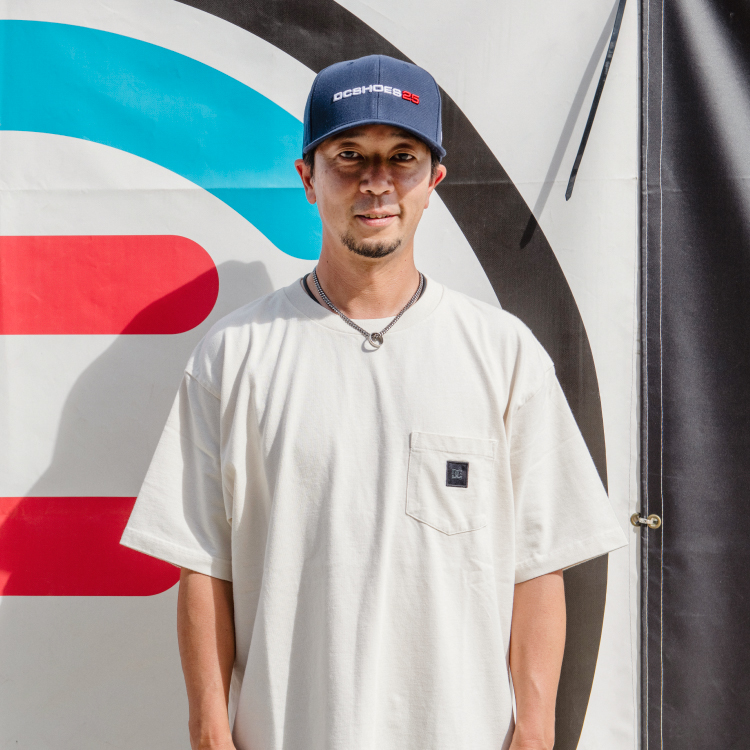
[ JAPANESE / ENGLISH ]
Photos_Waguri
VHSMAG (V): Could you introduce yourself?
Motohiro Nagata (N): I was born and raised in Tokyo. I was born in 1976, so about 30 years ago I started skating in middle school and was a member of STORMY. Yoppi was on the team so I'd carry a jump ramp and follow him to the hokoten and skate in the corner. I think it was around the end of the '80s. I don't know if I can say that I was on the team, but I was hanging out at STORMY and got free stuff. After that, I got a job at the age of 18 and left skating completely. But when I was 40 and my son was in second or third grade, he wanted to skate. Then I went to Murasaki Sports in Utsunomiya. That's when I got into skating again. I got sponsored by Murasaki Sports IPV Utsunomiya when I was about 43. Well, kind of got sponsored. I was helping them with schools and things like that. Then two years ago, I opened F-cne SB Park.
V: How did you start the park and shop?
N: It all started out of a hobby (laughs). I stopped going to school when I was in the eighth grade, and the owner of STORMY at the time told me, "Hey, if you don't go to school, come to the shop." So I kept going to STORMY and started working there part-time. Now that my main job is kind of settled and I have more time, I thought it's time to give back to the skating community. I wanted to create a place that I wish I had when I was a kid. I wanted it to be a meeting place for skaters. STORMY helped me so much in the early stage of my life, so I started the business to give back to the industry as well.
V: What was it like skating back then?
N: Unlike today, street skating was easy back then, and people didn't complain about skating in Harajuku or anywhere else. We skated from morning till night and spent weekends at the shop. Yoppi and Satoshi Kawamura were there, so we all went to Jabu Jabu in Shinjuku, Ueno and Harajuku. Junnosuke Yonesaka was also at Jabu Jabu. I had nothing to do but skate, so it was an important time for me.
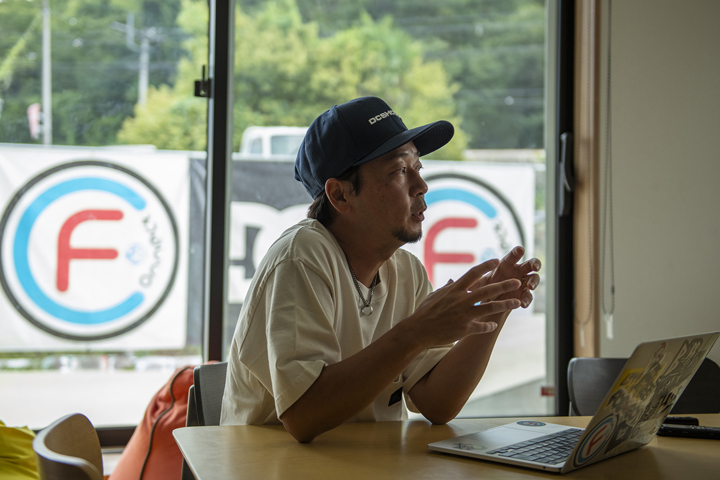
V: F-cne SB Park's "F-cne" is an abbreviation of your company name F-connect, right? What does it mean?
N: The "F" has many meanings: Family, Friend, Future, and so on. Also, in skating, there's always a hierarchical relationship. Maybe it's inevitable, but I also want to keep it "flat." I want to "connect" people regardless of whether they are good or bad at skating.
V: What's the concept or the best thing about the park?
N: Since we're in Tochigi, the environment here is not as good as in major cities like Tokyo or Osaka. The space in this park is limited, but the bank is the same height as Shinyoko, and the rail is the same height as Nike SB dojo. So I've made it so that if you practice here, you can skate anywhere. I don't want young skaters to stay here. I want them to go to various places from here and come back and practice here. I want this to be a place where they can do that. So it's like a dojo in the countryside. But I had MBM work on the concrete and (Tomokazu) Wura designed the mini ramp. Although the specifications are full-fledged, it's designed to be a place for random practice.
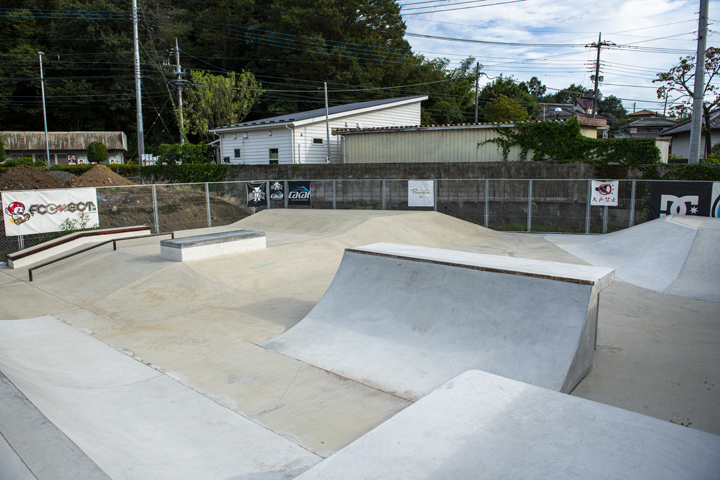
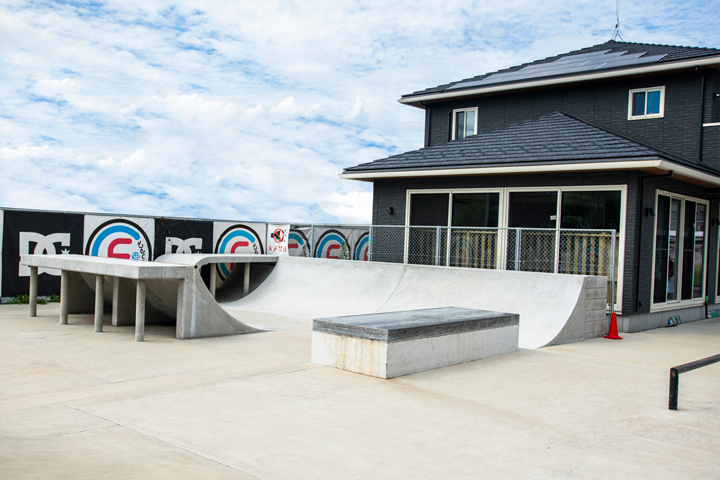
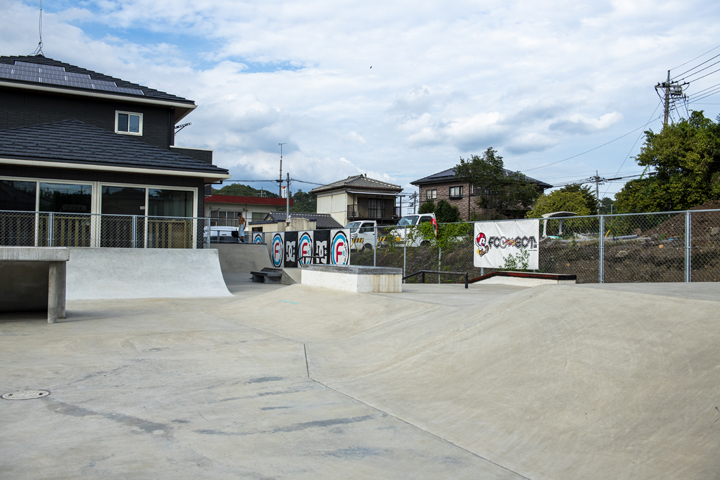
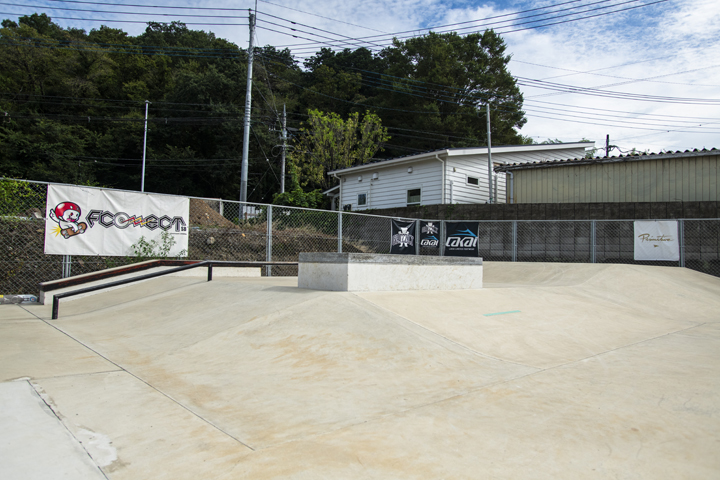
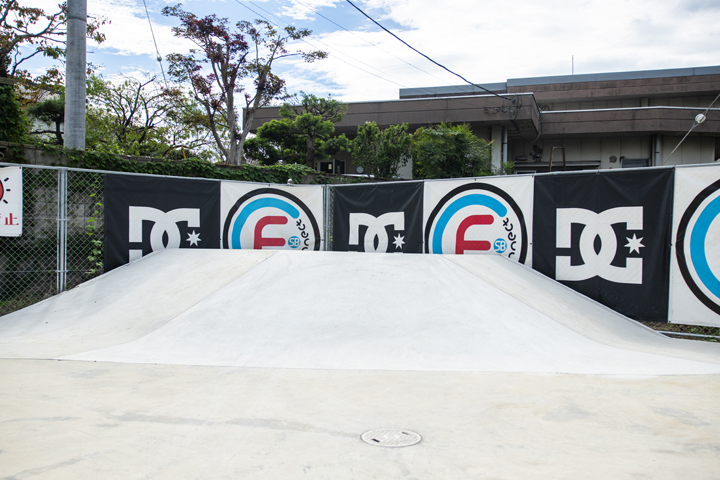
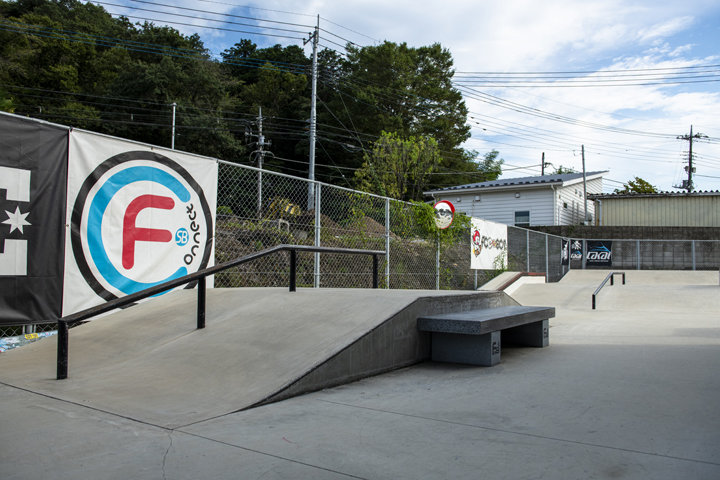
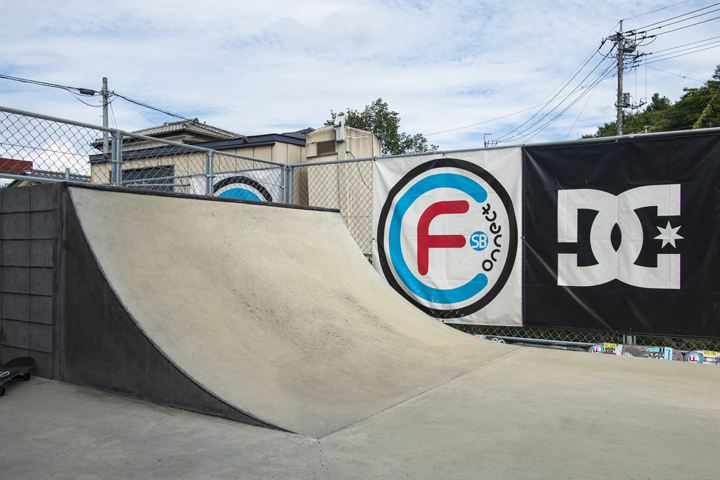
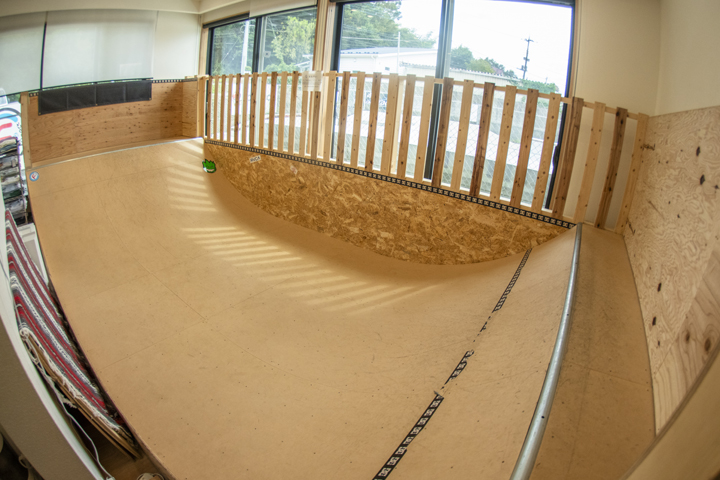
V: I was surprised to see that people can sleep over and there's also an air-conditioned waiting area where parents can relax and watch their children skate. Was that your plan from the beginning?
N: Yes, from the very beginning. The best way to describe my experience is that the Murasaki Sports park where I skate is outdoors, and the parents have to watch their children while the school is in session. They have to sit there for 2 hours in the heat. The little kids can't skate without their parents there. So I wanted to create a place where parents could leave their children and feel safe. A place where parents can stay even if they don't skate. Also, there's an outlet mall nearby, so parents can leave their children for a while and go have fun. So I had that in mind. Also, you can't really make a living from just skating, right? So our riders can come here to stay and eat. Sometimes kids from all over the country stay here as a training camp. We sometimes charge a room fee and sometimes we don't. It depends on my mood (laughs). I wanted to create a place where people can get together, hang out and have dinner together. You can't really get along just by skating together. But if you stay over and have dinner together, I think you can connect with people from anywhere. It's a place where skaters from all over the country can come, and when our riders go to other countries, they can connect with each other like, "Hey, that guy came to our park." That's the concept behind making it look like a regular house.
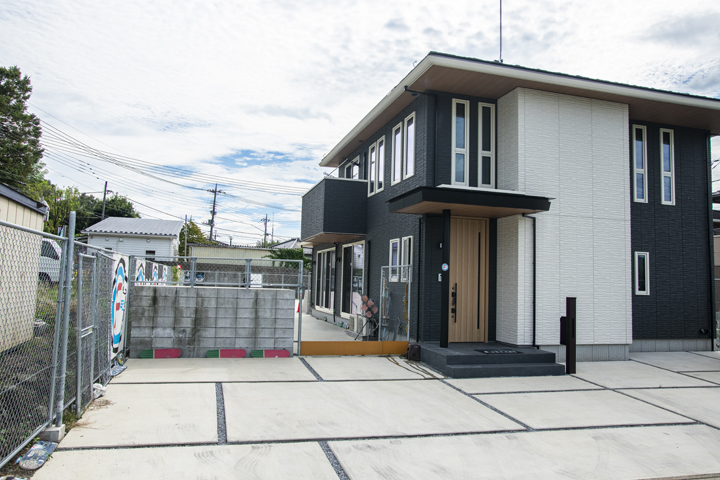
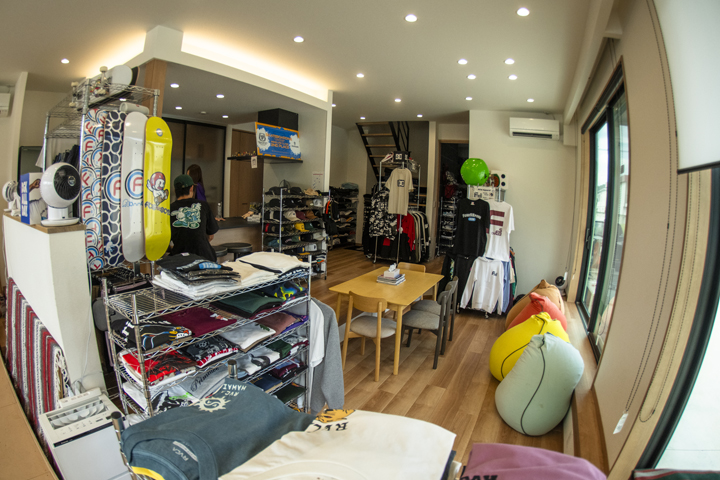
V: How did you build a trusting relationship with the parents before they felt comfortable leaving their children with you?
N: The first thing we do is have them come to the school. Then we'd have a conversation over lunch together. We repeat this process and try to communicate with them over a long period of time.
V: Now tell us about the school activities you are doing at the park.
N: Due to the nature of this area, we don't have that many kids who are that good, but they still want to start skating. So we rent out boards. Basically, we only teach up to ollie. After that, it's better to let them do it on their own, so 90% of them leave after the ollie. So, in order to be able to teach up to the ollie, the riders teach one-on-one, or if there are 4 or 5 skaters in the group, some of the riders get together and teach. I also have a contract with Wura as a rider and coach. He comes from Osaka for three days every month to conduct a school for riders. We're also doing a one-year training project, and now we have skaters coming from Aichi and Shizuoka to take private lessons from Wura. He sleeps here, so we're like a family now.
V: What's the accommodation space like?
N: There are three rooms on the second floor. When there was an event in Kita-Kanto, Junnosuke, Issei Morinaka, Yuto Kojima, and others came to stay and went to various events from here.
V: So tell us about your team. What do you do with them?
N: Now we have Ryona, Seina, Shunsuke, and Wura. We're like a family. We also have a manager who is like a mom (laughs). We pay the riders a daily allowance just for coming here and skate. As for the things we do with them, as I said before, I don't want them to stay here forever. We have issues with the neighbors due to noise, so we take the 2nd and 4th Saturdays and Sundays off and take the riders across the country to skate. I want to make it feel like we have friends everywhere. So this is not a hangout but a relay point. We also invite skaters other than Wura to come and train with us.
V: It's been 2 years since you started F-cne SB Park. What's the best thing about opening a park and shop?
N: It's best that everyone is having fun. There aren't many local skaters yet though. Skaters come from Utsunomiya, Tokyo, and Kanagawa, and they gather here to have fun and compete with each other. We didn't have that kind of environment when I was a kid. There was a hierarchical relationship within the local community. Nowadays, we value the connection among us, and that's good.
V: What are your opening hours?/p>
N: Saturdays and Sundays are from 10:00 to 17:00, with a lunch break from 12:00 to 13:00. We don't skate during lunch time to give respect to our neighbors. Weekdays are 13:00 to 17:00. Actually, we should be able to skate later in the evening, but we don't want to get into trouble with the neighbors. We're closed on the 2nd and 4th Saturdays and Sundays. It's kind of weird but we have to get along with the neighbors.
V: You mainly carry DC at your shop.
N: I'm a DC fanatic; I've only worn Airwalk and DC shoes in my life (laughs). I love DC so much that when I go to exhibitions, no one explains it to me because I know so much about it. Even the banners we put up at the park are made by me with the permission of the global office. We're sometimes asked to lend our banners to DC (laughs). As for other products, we have an assortment of products that are suited to riders' tastes. We always have 200 boards in stock.
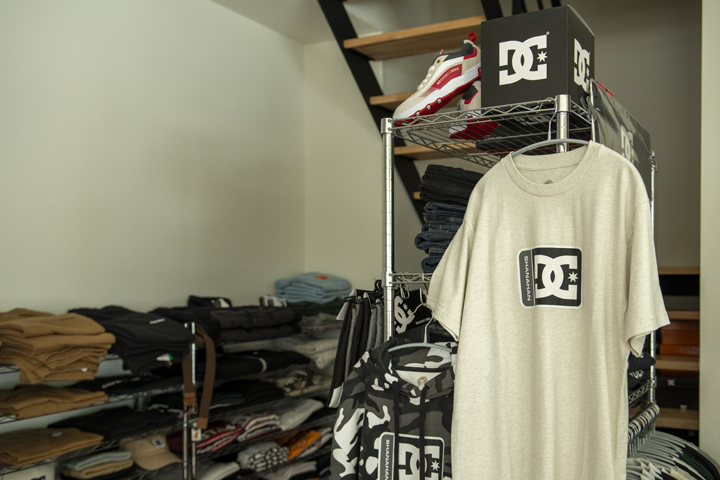
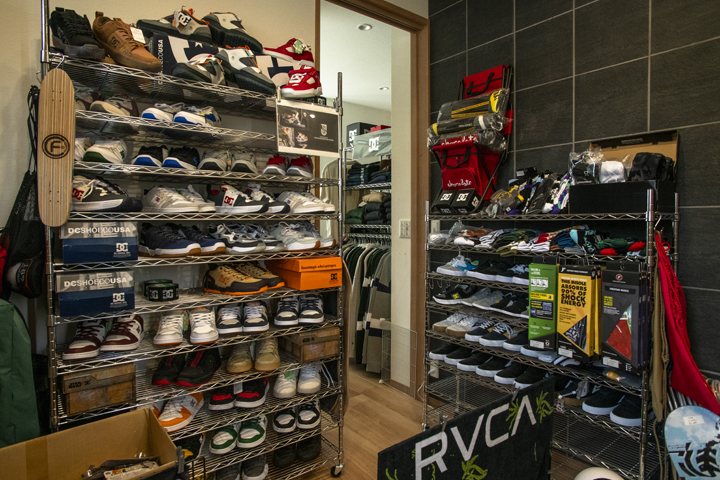
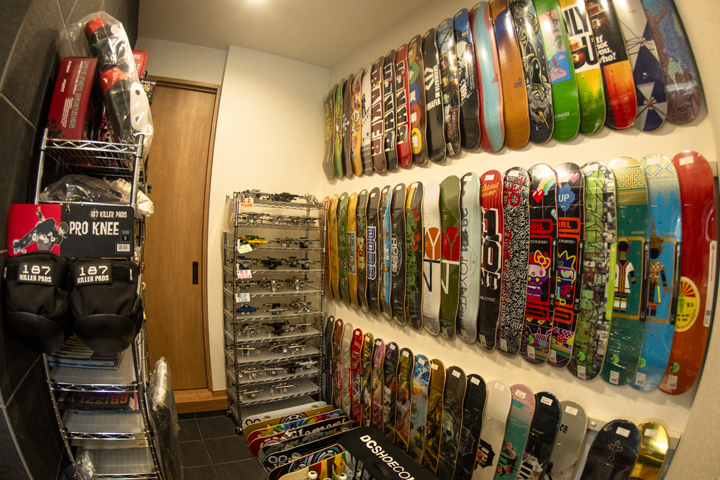
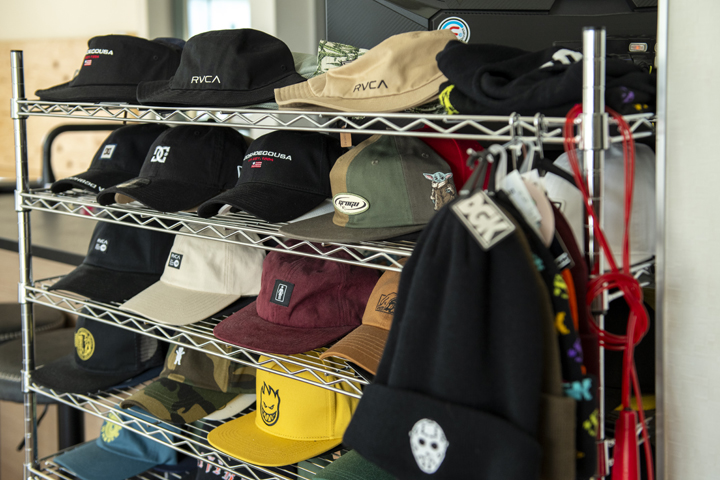
V: Can you tell us why you're doing so much for skaters at your own expense?
N: I don't know. Maybe I'm obsessed (laughs). I used to create new businesses at Softbank and LINE, so I like to start new things in terms of entrepreneurship. Then I sold my current main business, and things sort of settled down. That's when I looked back on my past. I didn't go to school at all in the second and third years of junior high school. Normally, I would have gone in a strange direction. That's when I was able to focus on skating. I left home and went to high school while working part-time at night. I would only take attendance at school and then leave. I skated during the day. I was skating all the time. I was so focused on skating that if it weren't for that, I would have gone off the road and ended up in a juvenile reformatory (laughs). The owner of STORMY at that time told me to come to the shop, and I'm glad that he gave me various experiences. Without that, I don't think I would be where I am today. So I want to give back when I can, while I can afford it. There are riders who want to make a living from skating, so for them, I'm thinking about how they can make a living with skating. Right now, it's still trial and error. I don't know what I'm doing is really a good idea, so I hope to find a good path along the way.
V: I heard that there are plans to build an indoor park.
N: We're starting to look for a location. We'd like to build a park that can attract world championships. It's hard to find a park that can accommodate spectators. So I want to create a mecca in the Kanto area where people can skate and watch the competitions. I'd also like to create a league or some kind of organization. If there's a good park and good people involved, it should be possible. I feel like that is the equation. However, there are not many people who can take the initiative. The government doesn't seem to be moving fast enough, so I'd like to lay the groundwork for such a project while there's still time. We're looking at two sites around here. We can make a lot of noise and camp in the mountains. We could build a capsule hotel or a dog run there. Prices are skyrocketing, but people are willing to pay for such a place, so I hope skating can be mixed in with it to generate income. You know, you can skate, have a shop, and make a living at the same time. If people come from all over the country and say, "I want to be supported by that shop," or "I want to go to that shop," it will spread rapidly. I think that kind of park would be the final form.
V: What are your future plans?
N: First is the training of riders. I want to see how far people can grow. Next year or the year after, I will build a new facility. Then I'd like this park to be like a private park for beginners and intermediates, and the new indoor park for advanced riders and practice for world competitions, so that we can use them differently. I'd also like to put more effort into the online store. By the way, we have something called "manager's choice." When you place an order online, the manager might add other items as a service, depending on her mood. For example, if you order a size large clothes, a hoodie of the same size may be added. Or if you order a pair of shoes, a hat might be included. We play silly games like that (laughs).
Motohiro Nagata
@fcnesbpark_owner | @fcnesbpark
Born in Tokyo, in 1976. He started F-cne SB Park, one of the largest concrete parks in Tochigi, in 2020. He's also dedicated to training skaters through private lessons with instructors and schools. The park has a shop, mini ramp and accommodations. Online shop is also in operation.
https://sbpark.f-connect-corp.com/
Special Campaign
VHSMAG Exclusive Online Shop Discount Coupon
Coupon code: VHSMAG
Available until March 31, 2024
